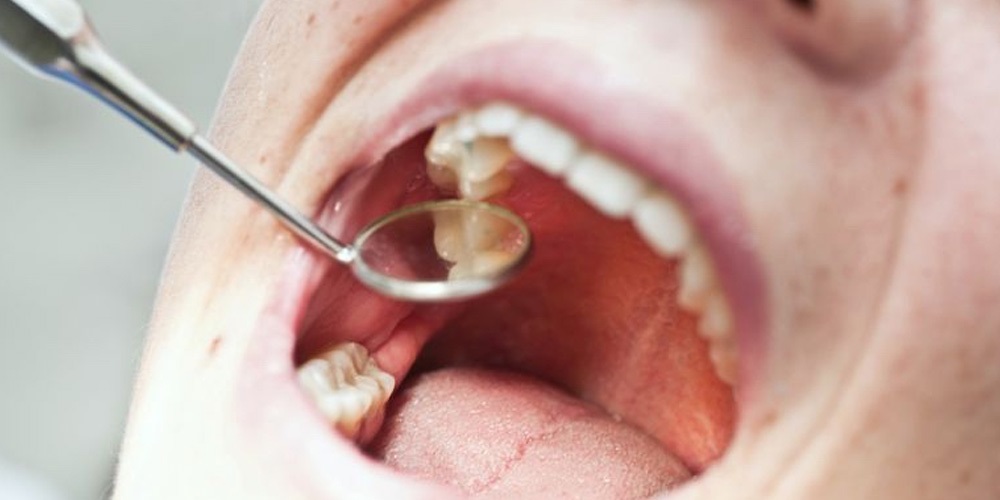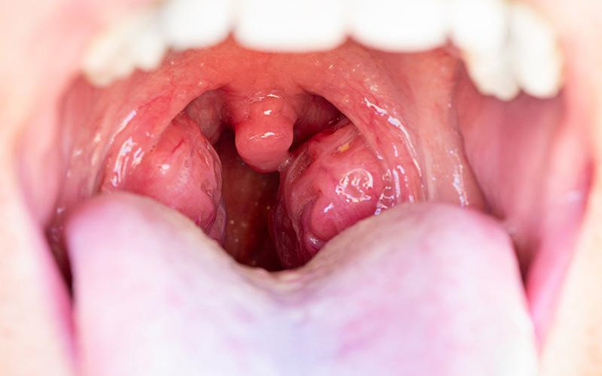What Can I Do if My Tooth Pain is Unbearable?

Tooth pain can be one of the most distressing experiences, affecting your ability to eat, sleep, and focus. When the pain becomes unbearable, it often signals a more serious issue that requires immediate attention. Ignoring the pain could worsen the problem and lead to more complicated dental issues down the line. So, what should you do if you find yourself suffering from severe tooth pain? In this blog, we’ll explore the potential causes of unbearable tooth pain, short-term relief options, and the importance of seeing a dentist for proper diagnosis and treatment.
Common Causes of Severe Tooth Pain
Understanding the underlying cause of your tooth pain is crucial in determining how to address it. While some causes of tooth pain are minor and easily treatable, others may indicate more serious dental issues. Here are some of the most common causes of severe tooth pain:
1. Tooth Decay
Tooth decay is one of the leading causes of tooth pain. When a cavity forms, it exposes the sensitive inner layers of the tooth, leading to pain when eating, drinking, or even breathing in cold air. If left untreated, the decay can progress, resulting in an infection or abscess, which can cause excruciating pain.
2. Tooth Abscess
An abscessed tooth occurs when a bacterial infection causes a pocket of pus to form within the tooth or the surrounding gum tissue. This condition can lead to severe, throbbing pain that radiates to the jaw, neck, or ear. Abscesses are serious and require prompt treatment by a dentist, as the infection can spread to other parts of the body if left untreated.
3. Gum Disease
Gum disease, particularly in its advanced stages, can cause intense pain. Gingivitis, the early stage of gum disease, may cause mild discomfort, but if it progresses to periodontitis, the gums can become swollen, infected, and recede from the teeth. This can lead to pain, tooth sensitivity, and even tooth loss.
4. Tooth Fracture
A cracked or fractured tooth can result in sharp, shooting pain, especially when chewing. Depending on the severity of the crack, the pain may come and go or persist until the tooth is treated. If the fracture extends to the root, it may require more extensive dental work, such as a root canal or extraction.
5. Dental Trauma
If you’ve recently experienced an injury to the mouth, such as a fall or a blow to the face, you may develop tooth pain. Even if there’s no visible damage, the impact can cause internal injury to the tooth or surrounding tissues, leading to pain and discomfort.
6. Impacted Wisdom Teeth
Wisdom teeth that don’t have enough room to fully emerge (impacted wisdom teeth) can cause intense pain as they push against neighboring teeth or become infected. Removing impacted wisdom teeth is often the best solution to relieve the pain and prevent future complications.
Immediate Relief for Tooth Pain
If you’re experiencing unbearable tooth pain and can’t see a dentist right away, there are a few steps you can take to manage the pain at home temporarily. Keep in mind that these methods are not a substitute for professional dental care, but they can provide some relief until you can get treatment.
1. Over-the-Counter Pain Relievers
One of the most effective ways to manage tooth pain in the short term is by taking over-the-counter pain medications, such as ibuprofen (Advil) or acetaminophen (Tylenol). These medications help reduce inflammation and provide relief from pain. Be sure to follow the recommended dosage on the label, and if you have any medical conditions, consult with a healthcare provider before using them.
2. Cold Compress
Applying a cold compress to the outside of your cheek near the painful area can help numb the pain and reduce swelling. Wrap some ice in a cloth and hold it against your cheek for 15 to 20 minutes at a time. This method is particularly helpful if your pain is caused by dental trauma or an abscess.
3. Saltwater Rinse
A saltwater rinse can help soothe gum inflammation and reduce bacteria in the mouth. Mix half a teaspoon of salt into a glass of warm water, swish it around your mouth for about 30 seconds, and then spit it out. Repeat this process several times a day to alleviate discomfort.
4. Clove Oil
Clove oil has been used as a natural remedy for tooth pain for centuries due to its numbing properties. You can apply a small amount of clove oil directly to the painful tooth using a cotton ball or swab. Be sure to avoid using too much, as it can cause irritation to the gums.
5. Hydrogen Peroxide Rinse
If your tooth pain is due to an infection or abscess, a hydrogen peroxide rinse may help to temporarily reduce symptoms. Mix equal parts hydrogen peroxide (3% solution) and water, swish the solution in your mouth for about 30 seconds, and then spit it out. Hydrogen peroxide can help kill bacteria and reduce inflammation, but it’s important not to swallow it.
When to See a Dentist
While the above remedies can provide short-term relief, they do not address the underlying cause of your tooth pain. If your tooth pain is unbearable, it’s essential to see a dentist as soon as possible. Delaying professional treatment can lead to worsening symptoms, more extensive damage, and potentially serious complications.
Here are some signs that you should seek immediate dental care:
- Persistent or severe pain that doesn’t go away with over-the-counter medication
- Swelling in the gums, face, or jaw that could indicate an infection
- Fever or swollen lymph nodes, which may suggest an abscess
- Bleeding from the gums or tooth, especially after an injury
- Difficulty chewing or opening your mouth, which could indicate a more serious problem
What to Expect at the Dentist
When you visit the dentist for severe tooth pain, they will first perform an examination to identify the cause of the pain. This may include X-rays to get a closer look at your teeth and gums. Based on the diagnosis, your dentist will recommend the appropriate treatment, which could include:
- Filling or crown for cavities or fractures
- Root canal treatment for infected or damaged teeth
- Tooth extraction for severely decayed or impacted teeth
- Gum disease treatment, such as scaling and root planing, for advanced gum disease
- Antibiotics to treat infections, especially if an abscess is present
Preventing Future Tooth Pain
The best way to avoid unbearable tooth pain in the future is to maintain good oral hygiene and visit your dentist regularly for checkups and cleanings. Here are some preventive measures you can take:
- Brush your teeth twice a day with fluoride toothpaste to remove plaque and prevent decay.
- Floss daily to clean between your teeth and prevent gum disease.
- Limit sugary foods and drinks, which can contribute to tooth decay.
- Wear a mouthguard if you participate in contact sports to protect your teeth from injury.
- Schedule regular dental visits at least twice a year for cleanings and exams.
Conclusion: Don’t Ignore Unbearable Tooth Pain
If you’re dealing with severe tooth pain, it’s crucial not to ignore the issue. While temporary relief methods can help manage the discomfort, visiting a dentist is the only way to properly address the cause of the pain and prevent further complications. Early treatment can save your tooth and relieve your pain quickly, ensuring that your smile stays healthy and pain-free in the long run.
If you’re experiencing unbearable tooth pain, contact your dentist as soon as possible to schedule an appointment. Your oral health is worth the investment in timely care.







